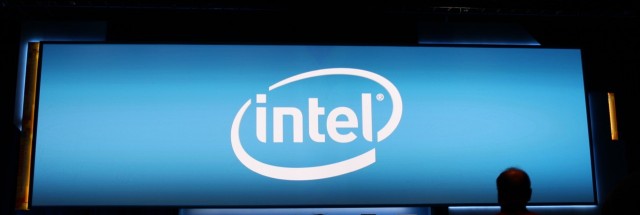
Andrew Cunningham
The activist hedge fund Third Point took a stake of almost $ 1 billion in Intel and called on the chip maker to consider abandoning its manufacturing operations, calling into question an essential part of its strategy.
The company with $ 15 billion in assets managed by Daniel Loeb made a series of demands in a letter sent to Intel President Omar Ishrak on Tuesday and seen by the Financial Times.
In the letter, Mr. Loeb said that Intel was “once the gold standard for manufacturing innovative microprocessors”, but it lagged behind manufacturing competitors in East Asia, such as TSMC and Samsung.
His intervention comes at a time when Intel faces a critical decision about its future as a leading semiconductor manufacturer – a position it has held for decades and the source of its dominance in the PC era.
Bob Swan, its chief executive, has indicated that he will decide early next year whether Intel should outsource a significant portion of its most advanced manufacturing or even move out of high-end production after a series of failures.
The company revealed in July that it had hit a new hurdle by trying to move to the next generation of manufacturing technology, in which the chip’s resources are reduced to a width of just 7 nanometers.
This compounded a series of mistakes that helped cement the leadership gained by TSMC, the Taiwanese chip company that manufactures semiconductors on behalf of many of the world’s largest chip designers, including Nvidia, Qualcomm and AMD.
Intel lost about $ 60 billion in market value last year, Loeb said, as he focused on the chip maker’s corporate governance.
“We can’t imagine how the boards that presided over Intel’s decline could have allowed management to waste the company’s leadership position in the market, while rewarding them generously with extravagant compensation packages,” wrote Loeb.
The hedge fund said it was particularly concerned about the loss of Intel’s talent, saying the company had lost many of its best chip designers, while the remaining ones “are becoming increasingly demoralized”.
Loeb said Intel should hire investment advisers to determine whether the company should design and manufacture chips, as well as considering divesting failed acquisitions, although the letter does not provide any specific examples.
“Intel appreciates the opinion of all investors regarding the increase in shareholder value,” the company said in a statement. “In that spirit, we look forward to engaging with Third Point in their ideas towards that goal.”
Ending its efforts to physically make the most advanced semiconductors would mark a turning point for Intel, while leaving the US without a leading chip maker.
Mr. Loeb called his difficulties a “critical concern” that could have broader implications for US national security if the United States were forced to rely on companies located in “geopolitically unstable” regions to “power everything from PCs to data centers. , critical infrastructure and more. ”
Intel’s shares rose more than 5 percent with news of Loeb’s letter, first released by Reuters.
